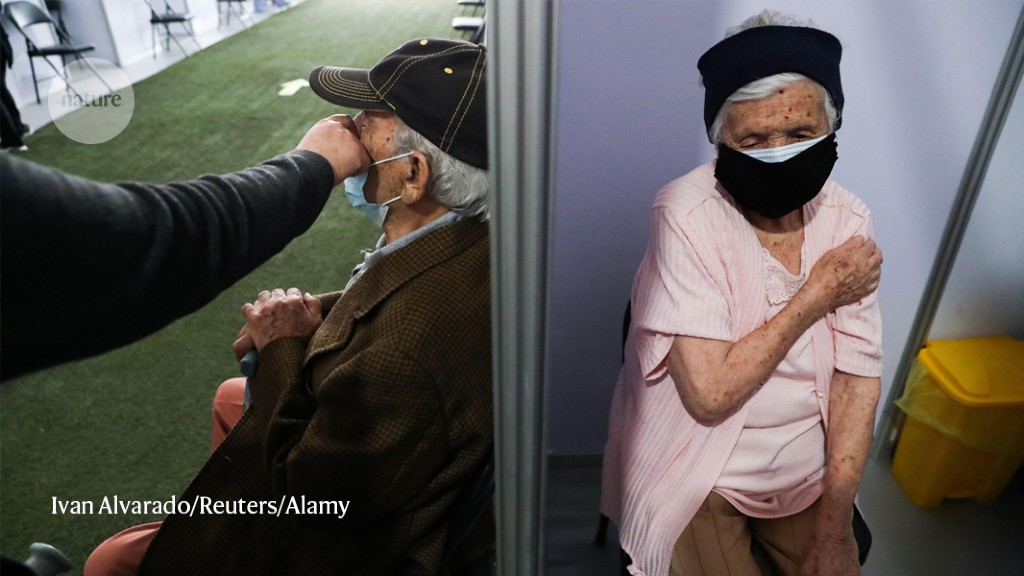
But collecting strong evidence for such an effect is difficult, because people who seek vaccination for diseases other than COVID-19 might also make other choices that reduce their risk of being infected with SARS-CoV-2.
Those who had received an influenza vaccine that season were 30% less likely to test positive for SARS-CoV-2, and 89% less likely to develop severe COVID-19, compared with workers who had not (although the number of severe cases was small in both groups).
Kids get limited COVID protection from world’s most popular vaccines.His team reported that flu vaccines were associated with a reduced risk of death in people hospitalized with COVID-19 in Brazil2.
The observation that influenza vaccines are linked to a reduction in not just SARS-CoV-2 infections, but also disease severity, strongly suggests that the protection is genuine, he adds.
Among those in the Qatar study who had the flu jab and later contracted COVID-19, Abu-Raddad’s team recorded SARS-CoV-2 infections occurring, on average, about six weeks after vaccination.
It’s not fully clear why flu vaccines — which are composed of killed influenza viruses — would also protect against COVID-19.Vaccines train the immune system to recognize specific pathogens, but they also rev up broad-acting antiviral defences, says Netea, who has found signs of such responses in flu-vaccine recipients3.
Netea’s team is also working to better quantify the benefits of vaccines targeting influenza and other diseases against COVID-19.To fully rule out healthy-user effects, his team has launched a randomized, placebo-controlled trial in Brazil that will test whether influenza and measles–mumps–rubella vaccines can protect against COVID-19.
Knowing that vaccines for flu and other diseases can offer protection against COVID-19, even if only partial and for a limited period, could limit the damage caused by a future pandemic before a vaccine for that disease is developed, Netea argues.